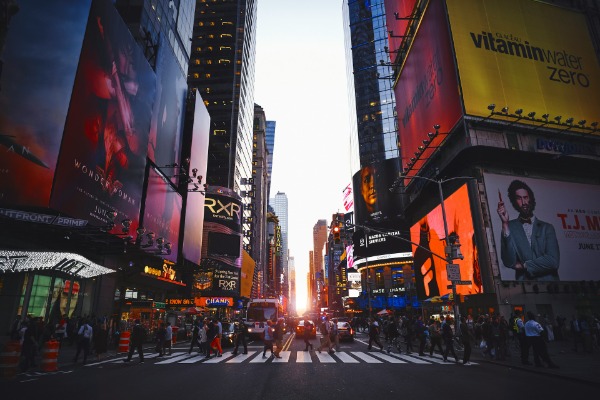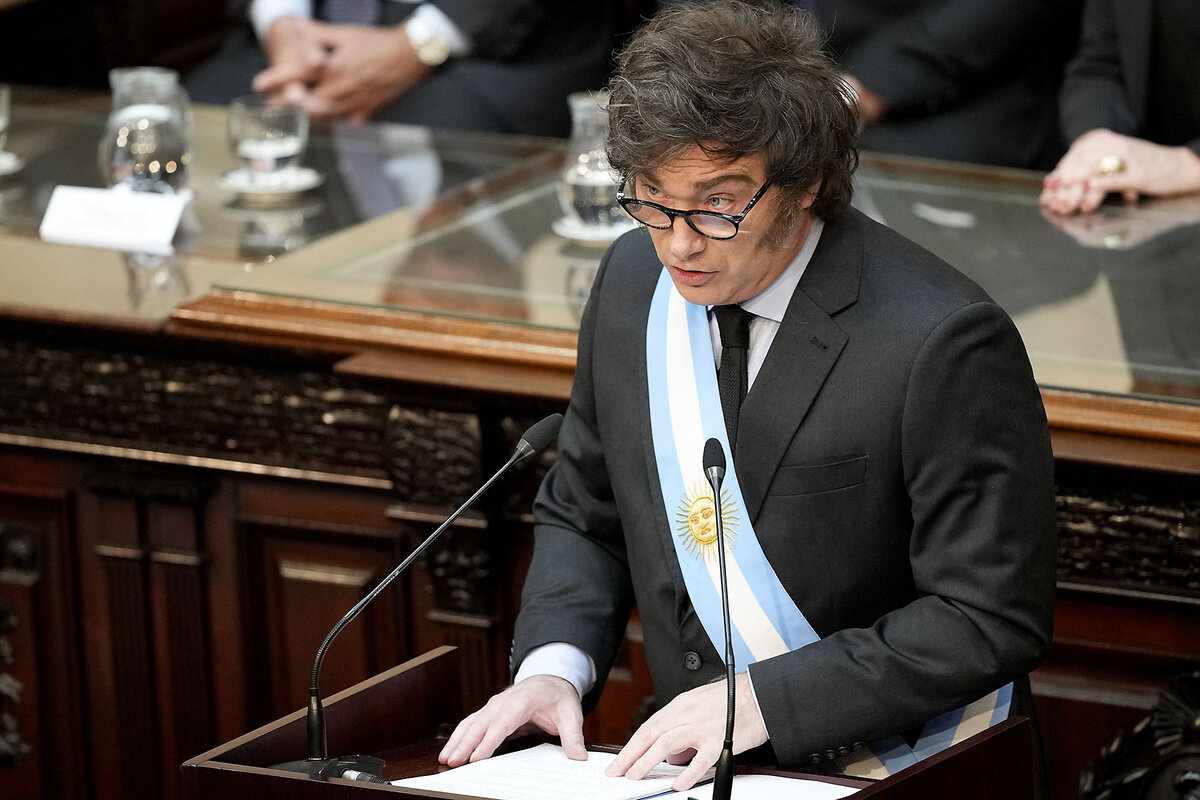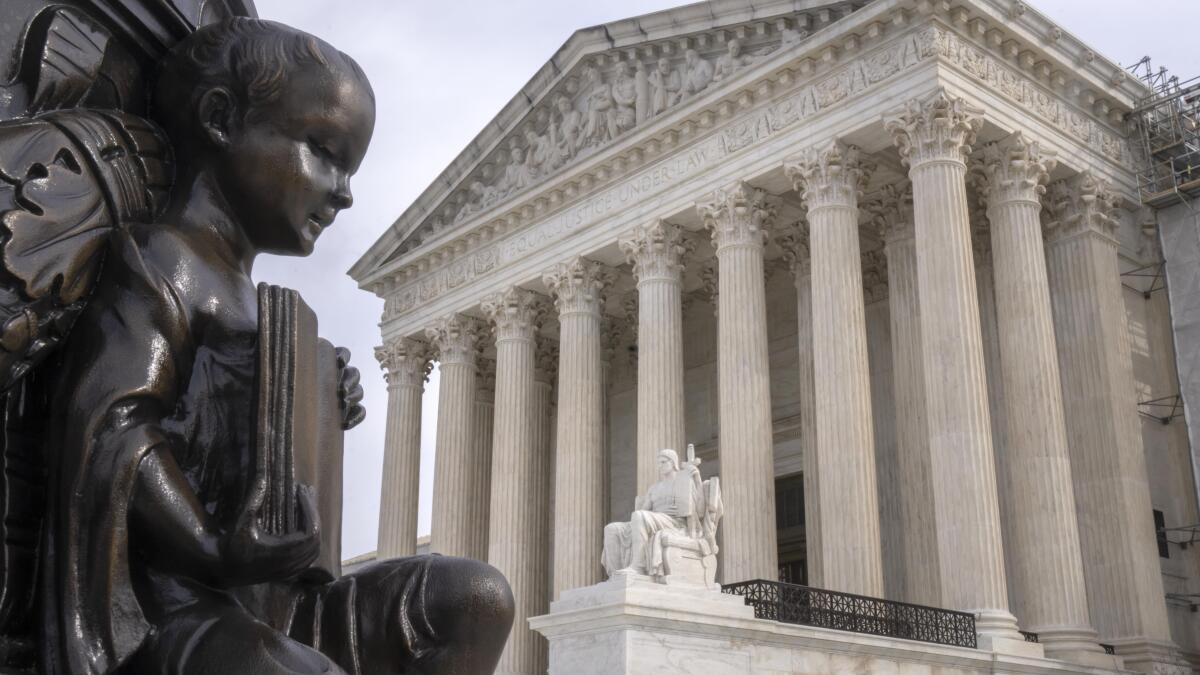In a meeting lasting less than 10 minutes on Monday, the New York State Gaming Commission’s Gaming Facility Location Board locked in two vital elements for the three available downstate casino licenses. All necessary entitlement procedures, including zoning and environmental reviews, must reach completion by September 30. Dealing with zoning rules is especially demanding this month, as many deadlines are extremely close.
Bally’s Corp secured its Bronx project’s rezoning from the New York City Council and state legislature last week. The Coney Island proposal, put forward by Thor Equities and its partners, has yet to receive demapping approval, and that vote won’t happen before June 19 at the earliest. Meanwhile, environmental reviews are currently underway for all three Manhattan bids.
Community Approval Remains Crucial
Support from local communities will play a crucial role in determining the outcome of every proposal. New York’s contenders have invested much energy into meeting these obligations, collecting support from stakeholders and fulfilling all required sign-offs. Following final bid submissions, much of the process essentially restarts. Each submission is assigned to a community advisory committee (CAC). The NYSGC states that these CACs will review the application, assess local support, and ultimately provide a decision indicating whether the proposal is sufficiently supported. Multiple meetings will be arranged to collect public feedback, ending with a binding vote, approval needs a two-thirds majority.
The composition of these CACs depends on whether the site is within New York City or outside. For sites in the city, the CACs will include Governor Kathy Hochul, NYC Mayor Eric Adams, the local state senator, assembly member, borough president, and city council member. Presently, only the MGM Empire City proposal in Yonkers is outside city limits. For these, the CAC consists of Governor Hochul, the appropriate county executive, state senator, assembly member, and that locality’s top official (mayor for cities, town supervisor for towns, both village mayor and supervisor for villages).
By September 30, all CACs must conduct their binding votes. Winners will submit a $1 million application fee and hand over their materials to the facility location board for further review. Notably, applicants can suggest their own tax rate in their bid; however, a minimum of 25% on slot gross gaming revenue and 10% on other gross gaming revenues is always required.
Applicants will be evaluated on economic development (which accounts for 70% of their score), local impact and siting, workforce enhancement, and diversity frameworks (each accounting for 10% of their score). All selections are due by December 1. After board selections, the commission must approve before licenses become final. Although three licenses are up for grabs, the commission can choose to issue fewer or none.
Financial Stakes and Casino Race
With financial guidelines now in place, New York faces the challenge of attracting investment while maintaining a strong business environment. The minimum investment is manageable, but the $500 million license fee is significant, especially since only racinos can open without delays. This high expense is largely why racinos have always been favourites for the two licenses. If approved, racinos could bring the state $1 billion immediately, a result favoured by Yonkers Mayor Mike Spano.
Allowing applicants to propose higher tax rates indicates that the state has an appetite for returns above the minimum. At present, New York leads the nation in online sports betting handle and shares the top 51% sports betting tax rate in the US. Upcoming downstate casinos must compete with Atlantic City, as well as New York’s upstate tribal and commercial properties.
Online Casino Future and Industry Shifts
The possibility of future online casino legalisation weighs heavily over all these decisions. While iGaming is not yet permitted in New York, many expect it will be soon. In New Jersey, iGaming revenues have soared while land-based casino profits have slowed or fallen. Worry over this type of revenue cannibalisation was the main reason both Las Vegas Sands and Wynn Resorts dropped out of the license race.

 Companies
Companies 





